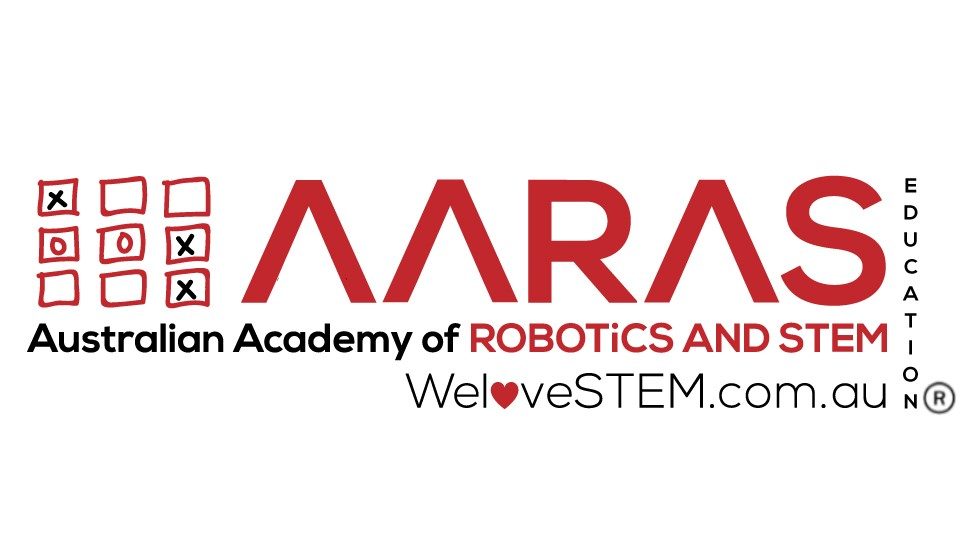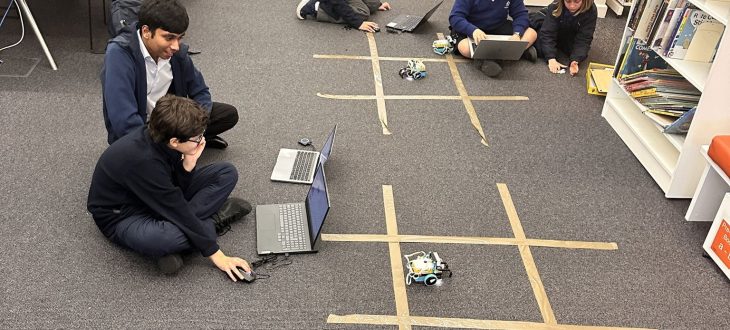Educational STEM Tours and Study Tours
Why Choose Australia for STEM Study Tours?
Australia is increasingly recognised as a global leader in STEM (Science, Technology, Engineering, and Mathematics) education, making it an ideal destination for student tours focused on these critical fields. Here are some compelling reasons to consider Australia for your next STEM educational experience:
Australia’s Reputation in STEM Education: Australia boasts a strong reputation for high-quality education across various disciplines, particularly in STEM. The country is home to several universities that consistently rank among the top in the world for their STEM programs. With a strong emphasis on research, collaboration, and practical application, Australian institutions prepare students to excel in a rapidly changing global landscape. The commitment to fostering innovation and critical thinking ensures that students are well-equipped to tackle the challenges of the future.
World-Class Universities and Research Institutions: Australia is home to several world-renowned universities, such as the University of Melbourne, Australian National University, and the University of Sydney, which offer cutting-edge STEM programs. These institutions are not only recognised for their academic excellence but also for their robust research outputs and collaboration with industries. Many universities have state-of-the-art laboratories, research centers, and facilities that provide students with experience and exposure to the latest technologies and methodologies in their fields. Additionally, partnerships with leading research institutions, such as the Commonwealth Scientific and Industrial Research Organisation (CSIRO), further enhance the academic experience, allowing students to engage with ground breaking research and innovations.
Innovative and Diverse STEM Industries: Australia has a range of STEM experiences to offer. Its STEM landscape is characterised by its diversity and innovation. The country is home to thriving industries in sectors such as biotechnology, renewable energy, information technology, and engineering. This diversity not only provides students with a wide array of study and career options but also exposes them to real-world applications of their studies. Many Australian companies are at the forefront of technological advancements and sustainability initiatives, making it an exciting environment for students to explore and learn. By participating in such guided tours, students can gain insights into industry practices, network with professionals, and even engage in collaborative projects that enhance their understanding of the future of STEM ecosystem.
Customised STEM Educational Tour
At the Australian Academy of Robotics and STEM (AARAS) Education, we are passionate about inspiring the next generation of innovators and thinkers. Our immersive tours provide students with experiential learning activities in robotics, coding, and engineering. Join us in Sydney, Australia, for an unforgettable journey into the exciting world of STEM!
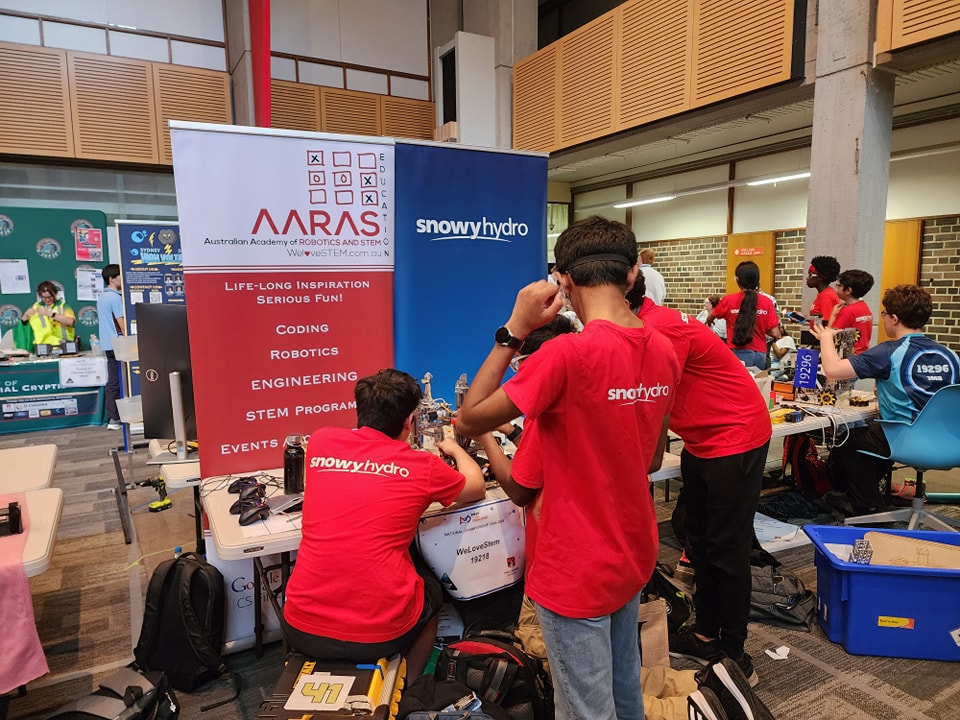
Why Choose AARAS Education Study Tours?
Expert Guidance: Learn from experienced educators and industry professionals who bring real-world expertise to every session.
Hands-On STEM Learning: Dive into practical workshops and tackle real-world STEM challenges that ignite creativity and problem-solving skills.
Cultural Exchange: Interact with Australian school students to gain global perspectives and make lifelong connections.
Earn Recognition: Receive a certificate of completion to celebrate your achievements.
Inclusive for All Levels: Whether you’re a tour operator or a STEM travel agency, contact us today as we cater for all experience levels and customise our programs to suit your needs.
Annual STEM Competition: Get a chance to participate in our exciting yearly STEM competition. It is also possible to participate remotely Learn more here.
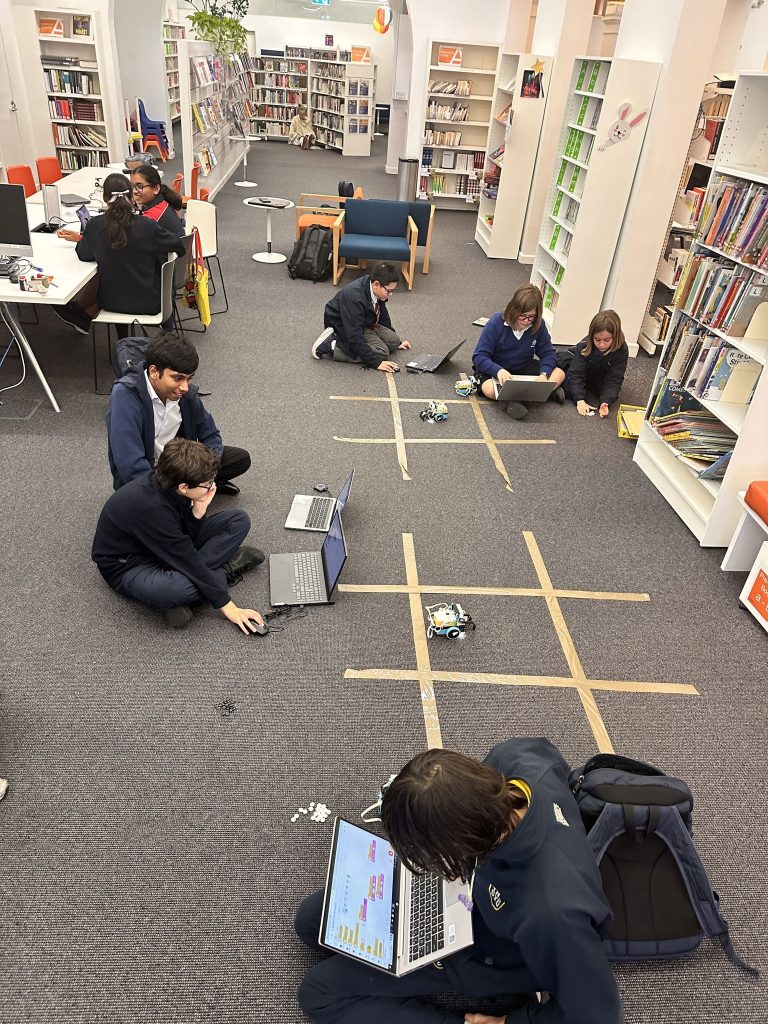
Robotics Workshops
- Build and program robots to solve challenges and learn about real-world applications.

Coding Classes
- Master coding fundamentals in Scratch or Python, and work on exciting projects like games or simple animations.
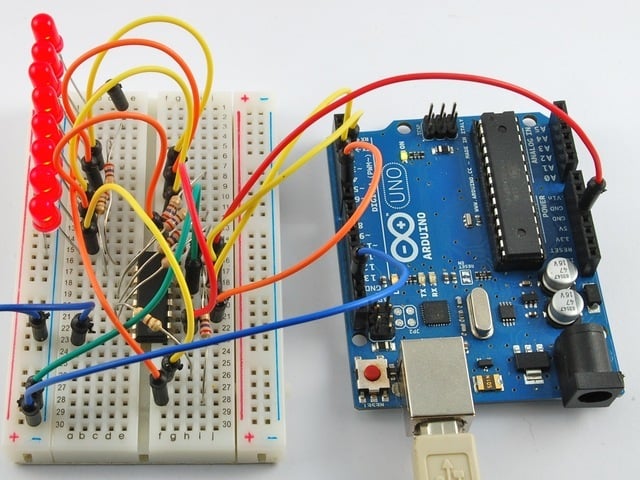
STEM and Engineering Workshops
- High school students can participate in team-based projects to design and create engineering solutions.
Sample Itineraries For Different Year Levels
Itinerary – Creative Coding and Robotics (Years Kindergarten – 2)
Day 1: Introduction to Coding and Robotics
- Welcome and team-building activity
- Sequencing Activity
- Activity: Using coding tools to learn sequencing (e.g., coding robots to follow simple paths).
- Introduction to the basics of coding and robotics.
- Story-based activity: “What is a Robot?” (interactive storytelling).
Day 2: Coding Fundamentals – Conditions and Loops
- Learning Through Play
- Explore the concept of conditions (e.g., “if this, then that”) using interactive games.
- Team activity: Coding simple tasks with physical cards or manipulatives.
- Looping Fun
- Activity: Using loops to solve challenges, such as programming a robot to repeat actions like “moving in a circle.”
Day 3: Robotics Exploration – Building and Problem-Solving
- Introduction to Robotics Components
- Using age-appropriate robotics kits, a fun exploration of robot parts (sensors, wheels, and motors).
- Robot Challenge
- Students code their robots to navigate a themed obstacle course (e.g., a jungle adventure).
Day 4: Creative Problem-Solving
- Storytelling Through Coding
- Students work in pairs to create a simple story or game using coding concepts learned so far.
- Focus on creativity and collaboration.
- Robotics Team Challenge
- Group activity: Solve a fun robotics problem, like rescuing an animal or delivering a package.
Day 5: Integration and Celebration
- Capstone Project
- Students apply their coding and robotics knowledge to design and build a final project, such as designing a robotic helper for a task.
- Guided mentorship from instructors.
- Presentations and Closing Ceremony
- Students present their projects to their peers and instructors.
- Certificate ceremony celebrating their achievements.
Itinerary – Scratch Coding (Years 2-4)
Day 1: Introduction to Scratch and Coding Fundamentals
- Welcome and orientation to the Scratch platform.
- Explore the basics of Scratch: understanding sprites, backdrops, and blocks.
- Create a simple animation or interactive story to understand sequencing and events.
Day 2: Deepening Knowledge with Conditions and Events
- Introduction to conditions and events (e.g., “if this happens, then that”).
- Troubleshoot coding errors in existing projects to build problem-solving skills.
- Design and implement a short interactive story or mini-game using these concepts.
Day 3: Independent Challenges and Building Complexity
- Engage in a creative project: designing and coding an educational game or simulation.
- Introduce repeat loops and variables for adding complexity.
- Begin working independently while receiving mentorship and guidance when needed.
Day 4: Advanced Coding Concepts and Projects
- Apply advanced coding techniques such as nested loops and complex conditions.
- Work on collaborative projects: team up to design a game or animation that tells a story or solves a challenge.
- Discuss and explore how coding connects to real-world STEM fields.
Day 5: Capstone Project and Celebration
- Develop a comprehensive Scratch project that integrates all learned concepts (e.g., a multi-level game or interactive story).
- Showcase projects to peers, instructors, and invited guests.
- Participate in a certificate ceremony and celebrate achievements with a fun group activity.
Itinerary – Python Coding (Years 2+)
Day 1: Introduction to Python and Basic Commands
- Welcome and orientation to the Python coding environment.
- Learn Python fundamentals: syntax, variables, and basic data types.
- Work through game-based challenges to understand algorithms and sequencing.
Day 2: Diving Deeper into Loops and Events
- Introduction to loops (for and while) and their applications in problem-solving.
- Explore events and how they drive interactivity in programs.
- Solve progressively harder puzzles in a game-based interface to reinforce these concepts.
Day 3: Conditions and Independent Projects
- Learn and apply conditional statements (if, elif, else) to create decision-making programs.
- Begin working independently on a project such as a simple calculator, number guessing game, or maze solver.
- Practice debugging skills to troubleshoot and optimize code.
Day 4: Advanced Concepts and Game Development
- Introduce data structures like lists and dictionaries and how to use them in Python.
- Apply learned skills to develop a basic game or simulation (e.g., a text-based adventure or a leaderboard tracker).
- Explore external Python libraries like “random” or “math” for added functionality.
Day 5: Capstone Project and Showcase
- Create a comprehensive Python project integrating all learned concepts (e.g., a quiz game, password generator, or a mini-app).
- Present completed projects to peers and instructors.
- Celebrate achievements with a certificate ceremony and group discussion about future learning opportunities in coding and STEM fields.
Itinerary – Robotics (Years 3-6)
Day 1: Introduction to Robotics and Coding Fundamentals
- Orientation to robotics and introduction to the LEGO® Mindstorms® EV3 or Spike™ Prime kits.
- Understand the basics of robotics: motors, sensors, and their real-life applications.
- Learn coding fundamentals: algorithms, sequencing, and repeat loops.
- Activity: Write simple programs to control motors and basic robot movements.
Day 2: Exploring Sensors and Problem-Solving
- Introduction to sensors: Touch, Ultrasonic, and Color sensors.
- Learn to code sensors to detect and respond to their environment.
- Challenge: Program robots to complete a task, such as avoiding obstacles or following a line using sensor inputs.
Day 3: Intermediate Concepts and Arm Control
- Learn how to code multiple sensors in a single program for enhanced functionality.
- Introduction to robotic arm control for picking and dropping objects.
- Explore variables and constants to improve program efficiency.
- Challenge: Solve a real-life robotics scenario using multiple sensors and robotic arm controls.
Day 4: Advanced Robotics Programming
- Dive into advanced concepts like Proportional Control, Logical Algebra, and Functions.
- Work with complex sensors such as the Gyro sensor and learn calibration techniques.
- Explore mathematical and mechanical concepts for precision movement and navigation.
- Activity: Program a robot to complete a complex challenge like navigating a maze or stacking objects.
Day 5: Capstone Project and Showcase
- Apply all learned concepts to create a comprehensive robotics project.
- Example projects: Automated delivery robot, line-following robot with obstacle avoidance, or object-sorting robot.
- Present projects to peers and instructors during a final showcase event.
- Celebrate with a certificate ceremony and discussion of opportunities to participate in competitions like FIRST® LEGO® League or AARAS Education Annual Event.
Itinerary – Engineering (High school students)
Day 1: Introduction to Mechanical and Safety Fundamentals
- Overview of engineering principles and introduction to industry-standard tools and components.
- Learn the basics of drive trains, motors, and chassis construction.
- Hands-on workshop: Safely use tools such as screwdrivers, allen keys, and spanners to assemble a basic chassis and motor system.
- Safety training and best practices for working with mechanical and electronic components.
Day 2: Electronics and Control Systems
- Introduction to electronic control systems: wiring, stripping wires, and connecting components.
- Learn about sensors and their integration into control systems.
- Activity: Assemble a functional control system to power a basic mechanical robot.
- Explore simple circuits and troubleshoot basic electronic issues.
Day 3: Software Programming and Drive Train Coding
- Introduction to coding fundamentals for robotics, including programming the drive train.
- Hands-on workshop: Write and test code to control robot movements.
- Learn intermediate coding concepts such as sensor integration and calibration.
- Challenge: Code a robot to complete tasks such as obstacle navigation or automated movement.
Day 4: Design Thinking and CAD Modelling
- Explore design thinking and its role in engineering problem-solving.
- Introduction to 3D modelling using CAD software.
- Project: Design a custom robot component using CAD.
- Learn about teamwork, strategy, and critical thinking in an engineering context.
Day 5: Capstone Project and FTC Preparation
- Apply mechanical, electronic, and software skills to build and program a fully functional robot.
- Capstone project: Solve a real-world challenge, such as creating a robot capable of completing an autonomous task or a competitive mission.
- Presentation and showcase: Teams present their projects, emphasizing design, functionality, and teamwork.
- Discuss opportunities for participating in the FIRST® Tech Challenge (FTC) and other engineering competitions.

How to Apply
Contact Us:
Reach out via email or phone to discuss your group’s requirements and preferred dates.
- Email: hello@welovestem.com.au
- Phone: +61 468 386 362
Cost Information
Program Fees
- Half-Day Program: From AUD $75 per student.
- Full-Day Program: From AUD $100 per student.
- One-Week Program: From AUD $50 per student.
Safety and Support
At AARAS Education, the safety and well-being of our students are our top priorities. We ensure:
- Full Supervision: All activities are monitored by experienced educators and support staff.
- Qualified Staff: Every team member holds valid Working with Children Checks and First Aid certifications.
- Health and Safety Compliance: Adherence to strict health and safety guidelines to provide a secure environment.
- Emergency Preparedness: Staff trained to handle emergencies, with protocols in place for rapid response.
- Inclusive Environment: Supportive and respectful settings for students of all backgrounds and abilities, as well as staff that can speak multiple languages to provide you the cultural experiences you are looking for.
